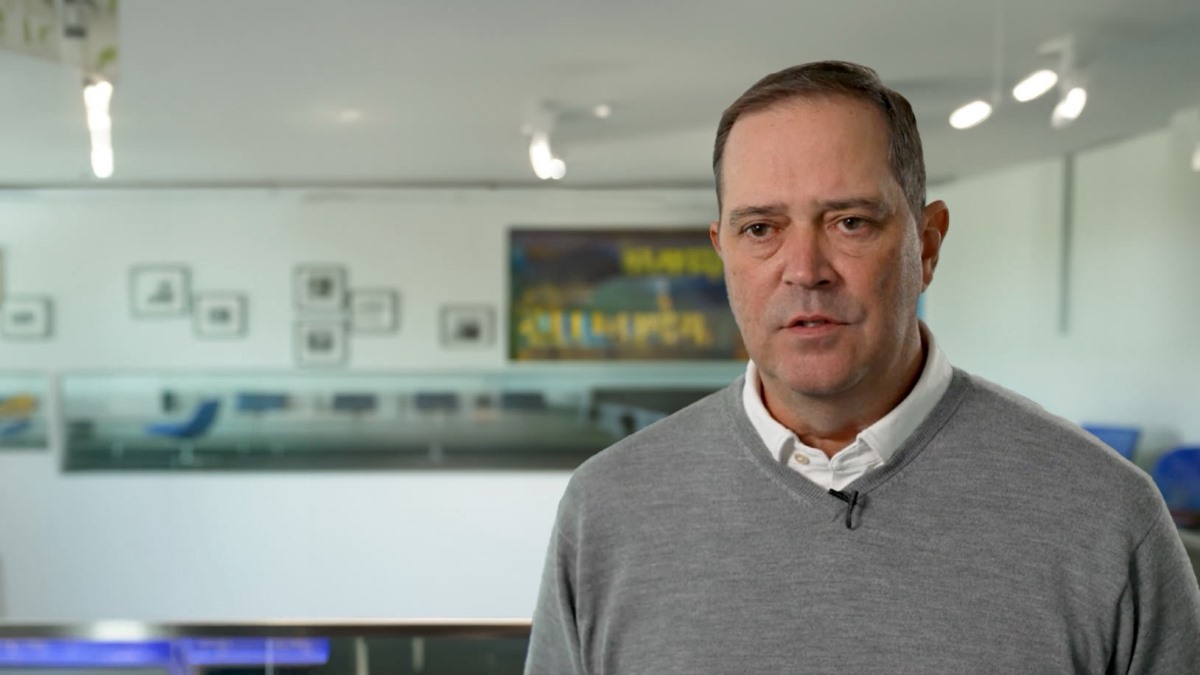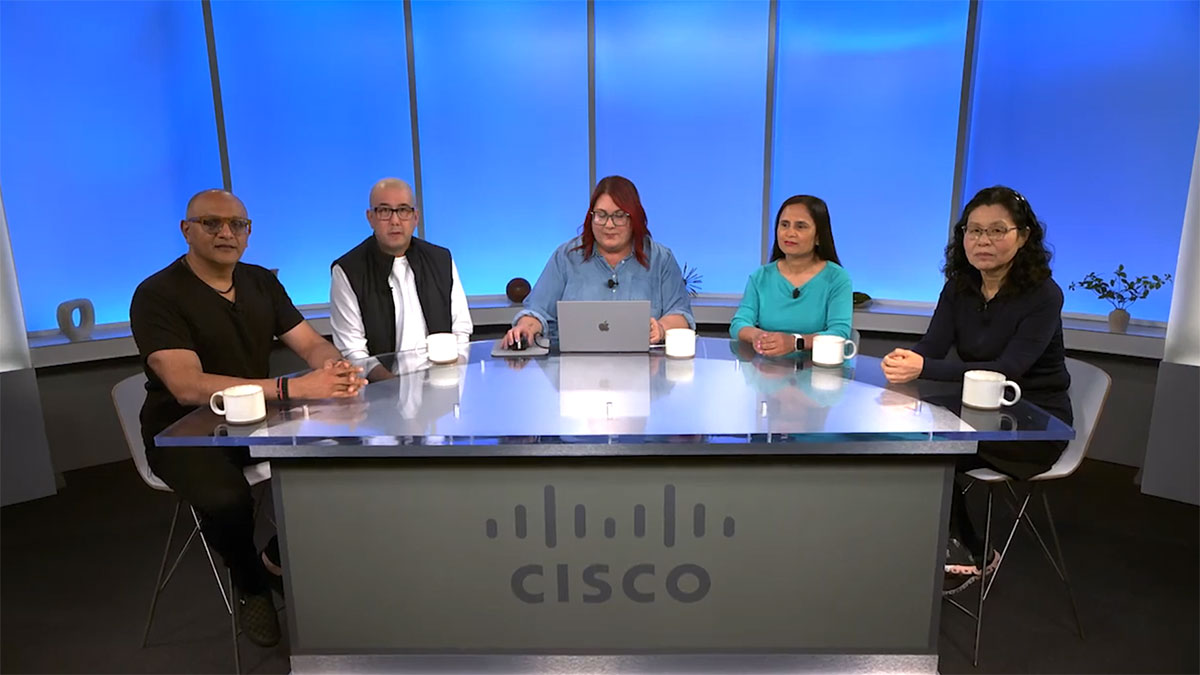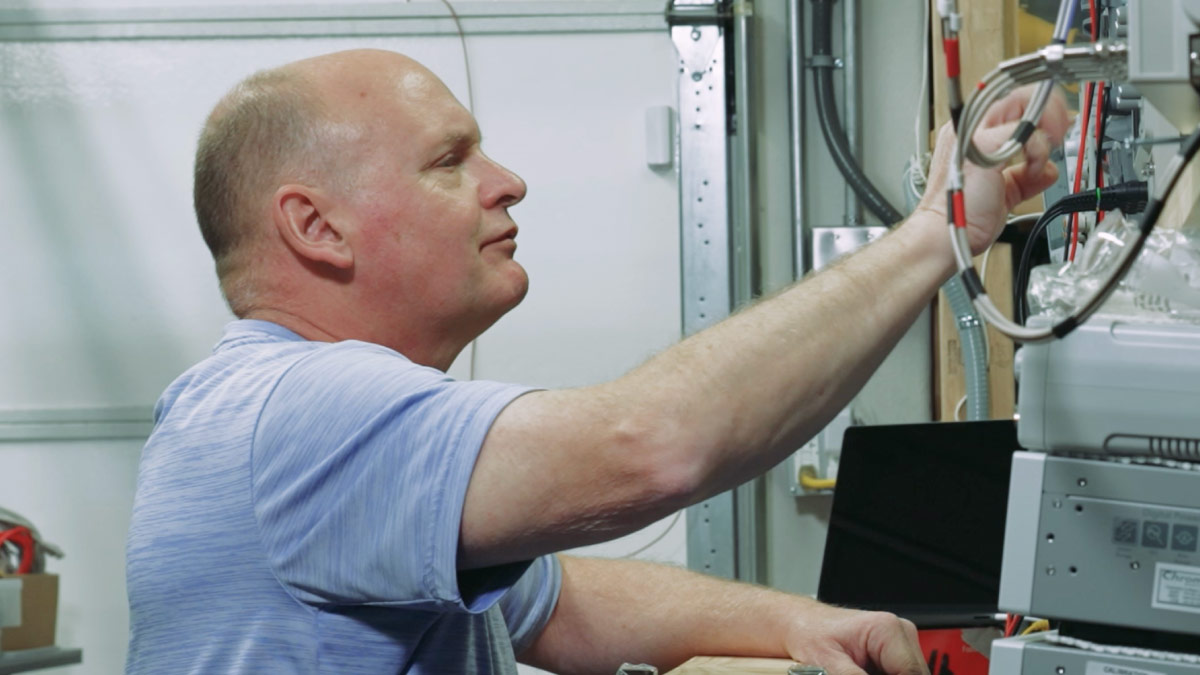SAN JOSE, Calif. – Feb. 4, 2011 – Cisco today announced its intent to acquire privately-held Inlet Technologies, a leading provider of Adaptive Bit Rate (ABR) digital media processing platforms. Based in Raleigh, N.C., Inlet will strengthen the capabilities of Cisco's Videoscape TV platform, allowing service and content providers to deliver compelling video experiences to any device over any Internet Protocol (IP) network.
"Service and content providers have a tremendous opportunity to deliver exciting video experiences as media consumption increases across mobile, desktop, and smart devices," said Enrique Rodriguez, senior vice president and general manager, Cisco's Service Provider Video Technology Group. "Cisco's Videoscape platform will play a key role in reinventing the TV experience, and the acquisition of Inlet will enable our customers to leverage the network as a platform to deliver innovative video experiences to consumers on any device."
Cisco Videoscape is a comprehensive TV platform for service providers that brings together digital TV and online content with social media and communications applications to create a truly immersive home and mobile video entertainment experience. Inlet's advanced ABR technology, which is used in streaming multimedia over managed and unmanaged networks, adapts the quality of the video stream based on real-time network conditions.
Inlet brings to Cisco a strong team that understands the complexities of delivering ABR video over IP networks to any device. Upon the close of the acquisition, Inlet employees will be integrated into Cisco's Service Provider Video Technology Group.
Under the terms of the agreement, Cisco will pay approximately $95 million in cash and retention-based incentives in exchange for all shares of Inlet. The acquisition is subject to various standard closing conditions and is expected to be complete in the first half of calendar year 2011.





